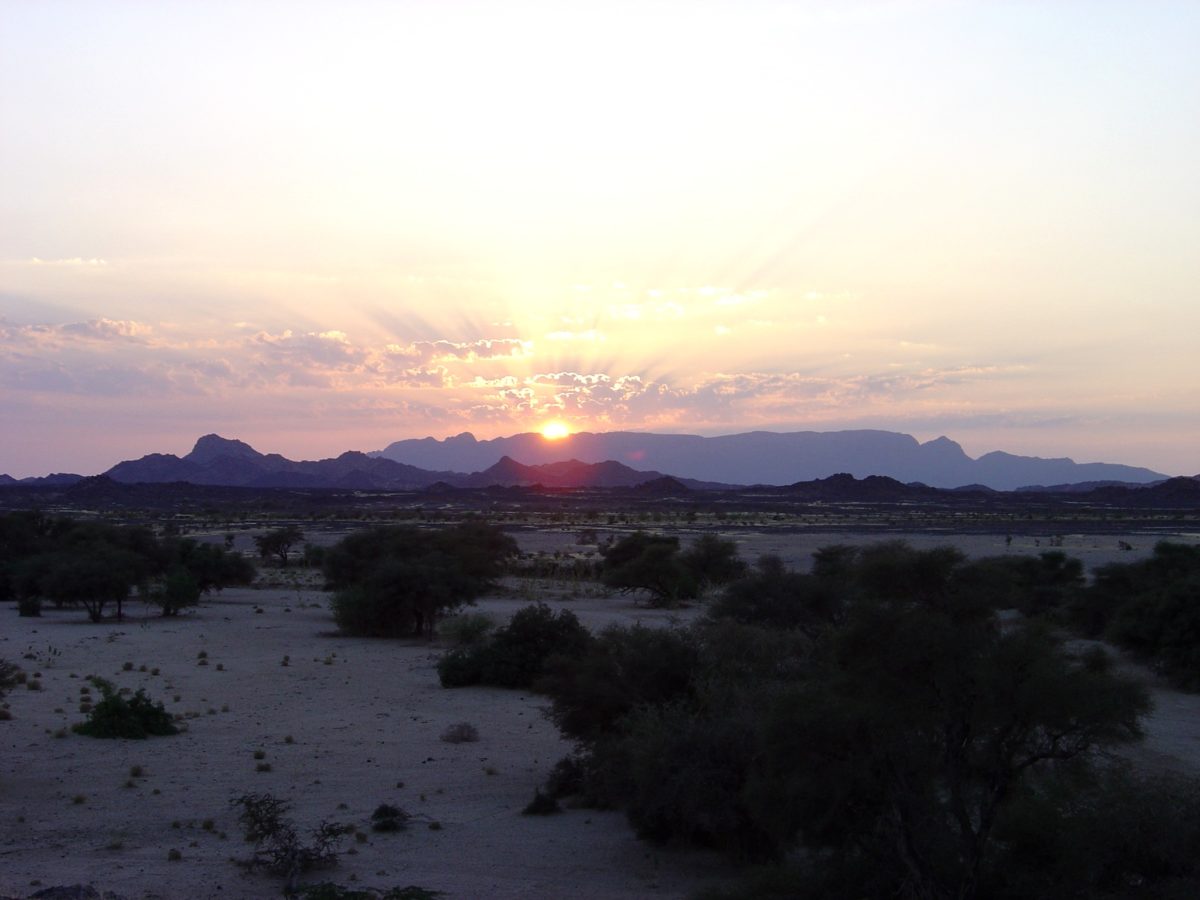Niger’s cabinet has ratified an agreement it closed in June with the International Development Association (IDA), which is part of the World Bank, for a €42.7 million ($50.3 million) financing that is planned to support the Niger Solar Electricity Access Project (NESPA), an initiative aimed at bringing solar power to rural communities.
The project consists of four components: market development of stand-alone PV installations; rural electrification through service-based solar hybrid mini-grids; PV hybridization of isolated thermal mini-grids operated by the country’s utility Nigerien Electricity Society (NIGELEC); and implementation support and technical assistance. The project will be implemented by NIGELEC and Niger’s Rural Electrification Agency (ANPER).
According to the World Bank, electricity access in Niger is below 1% in rural areas, while in urban areas its rate ranges between 20% and 40% in smaller cities and reaches approximately 50% in Niamey, the capital city. In 2016, the country’s peak demand reached only 260 MW, although its population was estimated at 20.7 million. Niger’s power system, which depends heavily on imports from Nigeria, is made up of four grids that are interconnected with Nigeria and several diesel-based isolated grids, operated by NIGELEC, which provides with power 82 centers.
Popular content
According to local research institute Centre National d'Energie Solaire (CNES), the installed capacity of off-grid solar systems grew from only 416 kW in 2000 to around 5.2 MW (located in 2,311 sites) in 2014. CNES estimates that 39% of this capacity is serving telecommunications, while 15% is for households.
NIGELEC had a monopoly on Niger's power supply until May 2016, when the government decided to liberalize the energy market with the Electricity Act. The new law has allowed the involvement of the private sector and the creation of ANPER, as well as an energy regulator.
This content is protected by copyright and may not be reused. If you want to cooperate with us and would like to reuse some of our content, please contact: editors@pv-magazine.com.



By submitting this form you agree to pv magazine using your data for the purposes of publishing your comment.
Your personal data will only be disclosed or otherwise transmitted to third parties for the purposes of spam filtering or if this is necessary for technical maintenance of the website. Any other transfer to third parties will not take place unless this is justified on the basis of applicable data protection regulations or if pv magazine is legally obliged to do so.
You may revoke this consent at any time with effect for the future, in which case your personal data will be deleted immediately. Otherwise, your data will be deleted if pv magazine has processed your request or the purpose of data storage is fulfilled.
Further information on data privacy can be found in our Data Protection Policy.